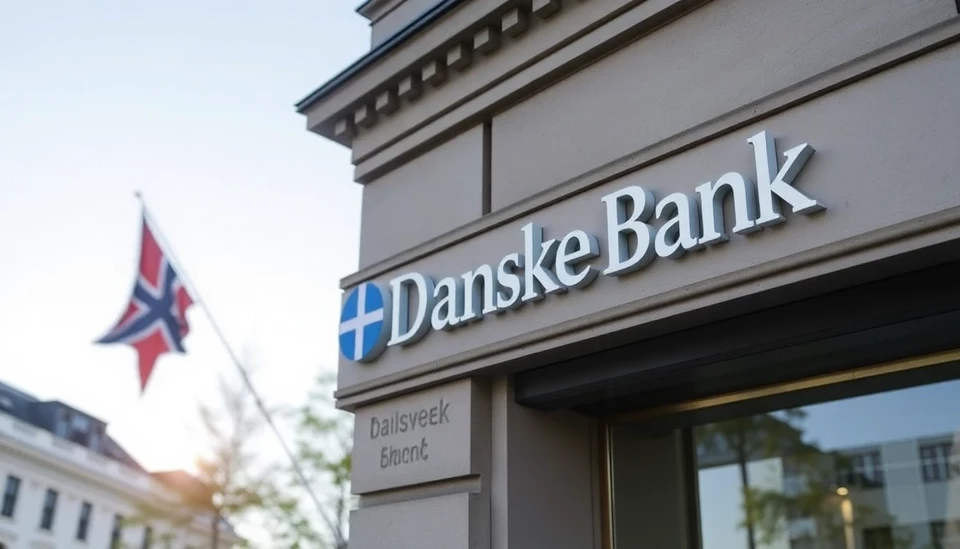
In a major ruling reflecting Norway’s commitment to maintaining the integrity of its financial markets, the Norwegian Financial Supervisory Authority has imposed a significant fine on Danske Bank. This decision follows the discovery of substantial misconduct involving manipulation in the bond market. The authority deemed the bank's actions as particularly egregious, marking it as a critical moment in the enforcement of financial regulations in the country.
Danske Bank, a prominent player in the Nordic financial landscape, has faced scrutiny in recent years for various compliance failures. However, this latest allegation centers around the illegal trading practices that occurred between 2018 and 2019, where the bank was found to have misstated the prices of certain bond transactions. The Financial Supervisory Authority characterized these actions as detrimental to transparency and fairness in the market, undermining investor confidence.
The fine issued against Danske Bank amounts to 50 million Norwegian krone (approximately $4.7 million) and represents one of the largest penalties for market manipulation in Norway to date. This action showcases the increasing determination of regulatory bodies to enforce strict compliance among financial institutions, particularly in relation to bond trading operations which are crucial for the stability of financial markets.
Regulators have emphasized the need for tough measures to deter similar behaviors in the future. The market manipulation carried out by Danske Bank reportedly led to artificial pricing, creating an uneven playing field for other investors. This practice not only affected market dynamics but also raised significant ethical concerns regarding the bank's operational integrity.
Danske Bank has since acknowledged the fine and expressed its commitment to enhancing its compliance systems and internal controls. The bank aims to restore trust among its clients and stakeholders, committing to a series of measures designed to prevent a recurrence of such actions. This includes implementing more comprehensive training programs for employees and reviewing its trading practices more rigorously.
The repercussions of this incident extend beyond monetary penalties; they signal an increasing trend of regulatory oversight in the Nordic region. Market players are likely to feel the heat as regulators may adopt a zero-tolerance policy towards any misconduct. Other banks in the region are warned to maintain heightened vigilance concerning their trading practices as authorities ramp up efforts to ensure market integrity.
As financial markets continue to evolve, the emphasis on ethical trading and compliance becomes ever more critical. This incident serves as a cautionary tale for financial institutions everywhere, emphasizing the importance of adherence to fair trading practices and the potential consequences of failing to uphold these standards. Stakeholders in the financial community will undoubtedly be watching closely to see how Danske Bank implements the necessary changes and whether this incident prompts a broader reevaluation of compliance standards across the industry.
In light of this significant ruling, it remains to be seen how the fallout from these manipulative practices will affect Danske Bank’s reputation and operational procedures moving forward. It is likely to steer conversations regarding regulatory reforms and the necessity for robust compliance infrastructure in the ever-evolving financial landscape.
#Norway #DanskeBank #BondMarket #MarketManipulation #FinancialRegulation #Compliance #InvestorConfidence
Author: Samuel Brooks




